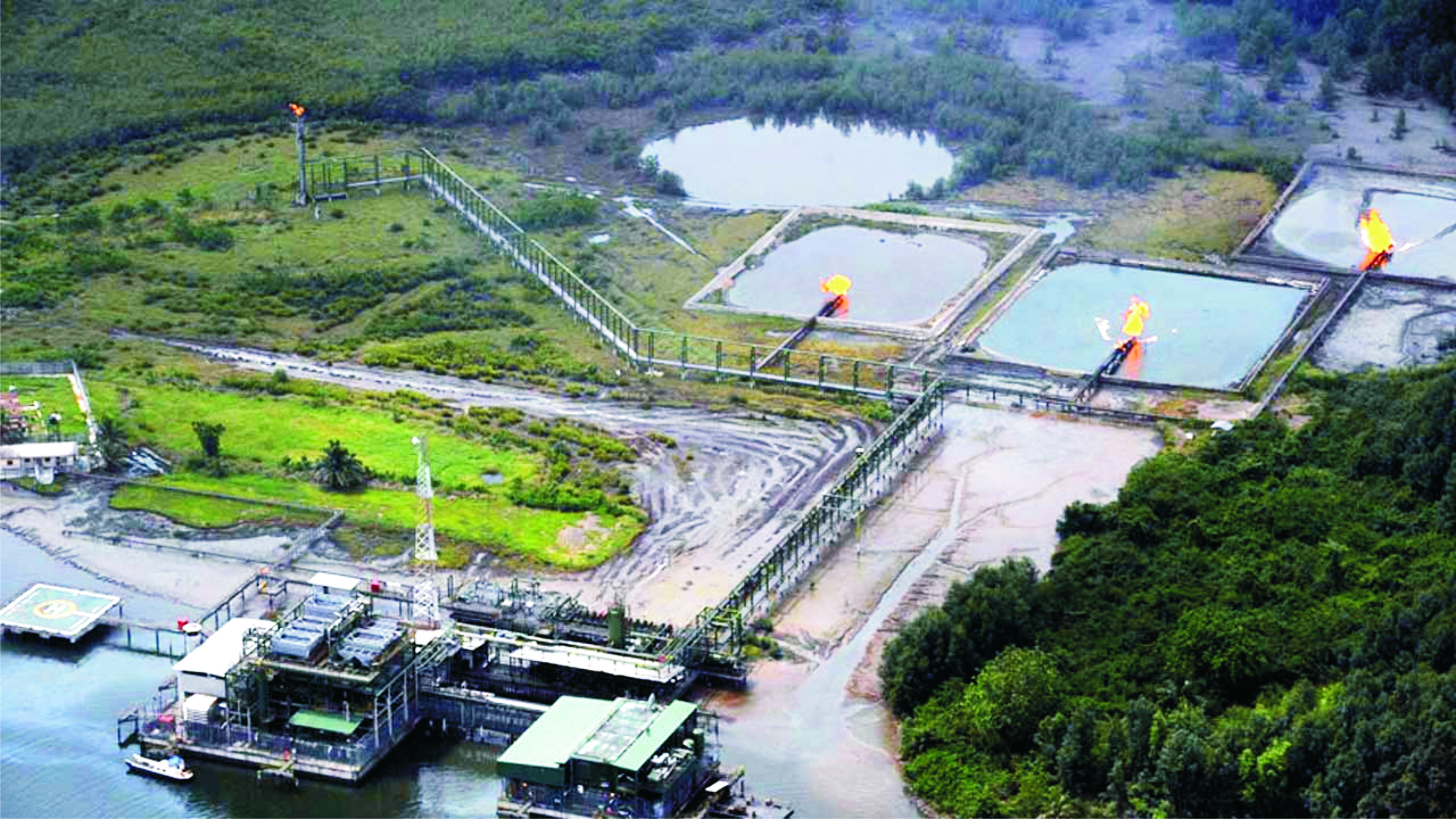Business
Oil Sector Boost Imminent, With 109 Projects In Four Yrs

Nigeria’s oil sector may have been set for a boost following the proposed commencement of 109 oil and gas project operations in the sector billed for the next four years.
This is according to Global Data, a leading data and analytics company, which said the projects would account for more than 24 per cent of the predicted total projects starting within the period.
The report, ‘Africa Oil and Gas Projects Analytics and Forecast by Project Type, Sector, Countries, Development Stage, Capacity and Cost, 2022-2026’, stated that out of the 109 projects, petrochemicals would account for 14; upstream fields, 26; midstream, 31; and downstream, 38.
Commenting on it, an Oil & Gas Analyst at GlobalData, Teja Pappoppula, said, “Nigeria is mainly investing in oil & gas production, storage and refinery projects over the next five years.
“These upcoming projects would boost Nigeria’s economy and help the country to transform from an importer to an exporter of refined products, especially to neighbouring countries”, he said.
Among the upcoming refinery projects in Nigeria, Lagos I is a key project with a total capacity of 650,000 barrels per day (mbd) expected to start operations in 2022.
It is the largest individual refinery in Africa, and it is currently in the construction stage.
“Midstream projects account for around 28% of all oil and gas projects in Nigeria by 2026. Gas processing projects constitute the bulk of upcoming midstream projects with ANOH-Seplat, ANOH-SPDC and Brass being the key projects with a capacity of 300 million cubic feet per day (mmcfd) each.
“The country is also making significant investments in natural gas processing, pipelines and liquefaction projects to reduce its dependence on oil, which currently drives the majority of revenue in the country,” he stated.
Meanwhile, low investments in new and existing projects have been identified as one of the key factors leading to the dwindling oil output in Nigeria.
Transport
Automated Points Concession : FAAN Workers Gave 72hrs To Revise Decisions In PH

Transport
FAAN Announces Pick-Up Points for Go-Cashless Cards

Business
Fidelity Bank To Empower Women With Sustainable Entrepreneurship Skills, HAP2.0
-
Politics3 days ago
2027: NIGERIANS FAULT INEC ON DIGITAL MEMBERSHIP REGISTER DIRECTIVE
-

 Environment3 days ago
Environment3 days agoLAWMA Director Says Sweeping Reforms Have Improved Waste Collection
-
Politics3 days ago
LP Crisis: Ex-NWC Member Dumps Dumps Abure Faction
-

 Politics3 days ago
Politics3 days agoUmahi Dismisses Allegations On Social Media, Insists On Projects Delivery
-

 Sports3 days ago
Sports3 days agoAbia Not Sure To Secure continental Ticket
-
Sports3 days ago
La Liga: Yamal Records First Career Hat-trick
-
Politics3 days ago
NATASHA ELECTRIC VEHICLES INITIATIVE IN KOGI CENTRAL
-

 Sports3 days ago
Sports3 days agoCity Survive Leeds’ Challenge At Elland Road

